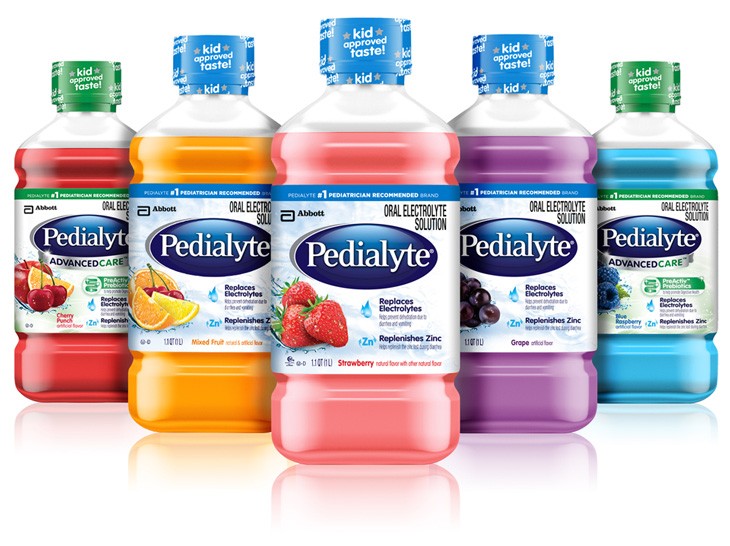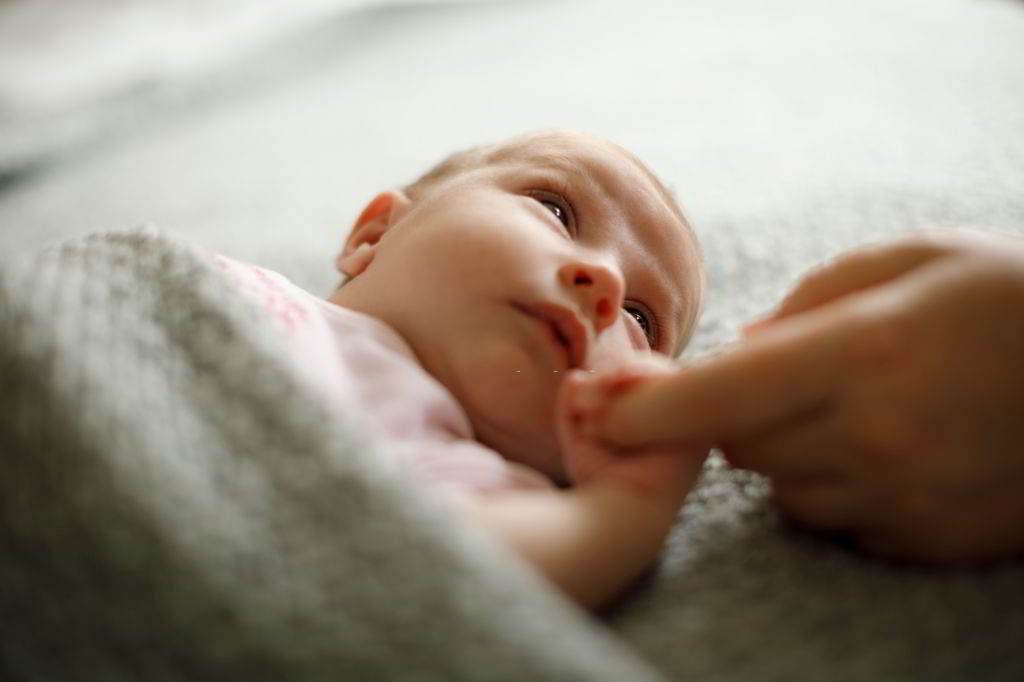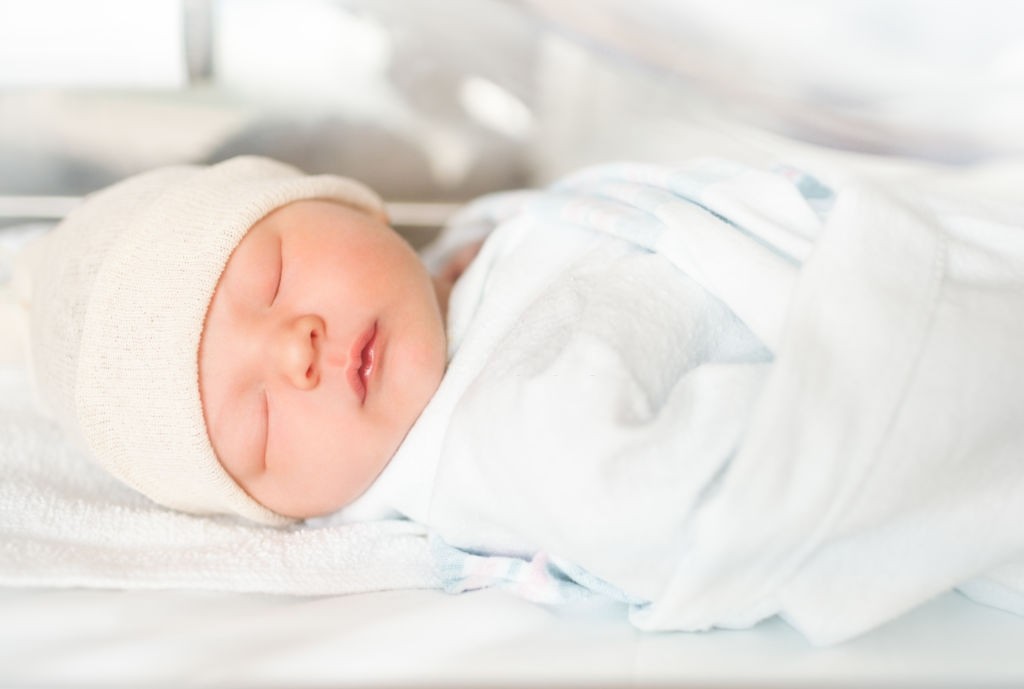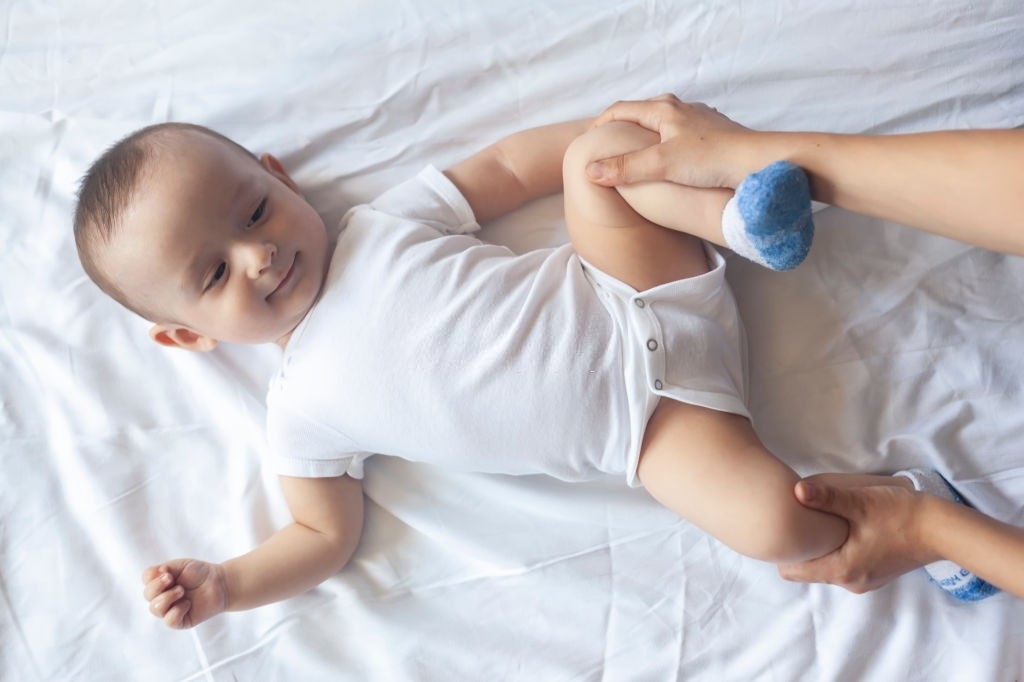Other than fever and diarrhea, dehydration can lead to serious conditions like kidney failure and death.
As adults, we might have experienced being dehydrated at some point of our lives and we know how actually bad it is. It make us feel extremely tired, dizzy, cramped, weak, irritated and the list goes on. Worse, we might need an immediate medical assistance.
This is not the worst case though.
Circumstances might occur and all of a sudden, you find your little baby experiencing the same, but this time, you know it can get very dangerous and you start to panic.
You try to nurse him thinking that mother’s milk can solve this problem but boo! It still does not work! She starts vomiting; sweating all over her body and you can’t just do anything but to watch her getting weaker as her skin and lips turn dry, her urine turns darker and darker and all awful things follow.
You get extremely nervous.
You start to ask questions like, “How can this be happening? How can I treat this? HOW?”
The following are the most important things to do when experiencing this problem. Make sure you read all of them!
1. Stop Panicking
Try to relax and don’t occupy yourself with something that might make you more nervous. Focus is what you need to have first. It makes your mind clearer and calmer for you to be able to find out the causes and effects as well as the treatment for the problem.
You need to know that babies often get stomach flu especially in times of cold weather. It is very common with babies and you do not have to start panicking immediately. If it is a normal case, you have to let it continue within a span of 24 – 48 hours, but no more than that.
According to Breast Feeding Basics, what you need to concern yourself is the possible dehydration that can occur. Plain water does not necessarily treat your baby because it does not provide enough electrolytes. Especially for those formula-fed babies, they can lose a great amount of electrolytes and fluid because of diarrhea and you need to replace that amount. But before treating it with Pedialyte or calling a doctor, it is important to have a small research about it.
2. Know about its Causes and Indications
If you want to treat something, you need to know how does it happened and what are most probable causes of the sickness. You might not be 100% sure about what you can find out, but it is better than making any guesses, right?
What are the causes of Dehydration?
According to Medicine Net, there are at least three major causes of dehydration namely: vomiting, sweat and diarrhea.
Vomiting
Vomiting is the involuntary and forceful throwing up of food. In infants, there is a significant difference in vomiting and spitting up their food and you have to identify it. When vomiting, infants also lose fluid in their body and if continuous, it can cause dehydration.
Sweating
Our body loses water when it tries to cool itself by sweating and this is also true in infants. This can be caused by extremely hot environment.
Diarrhea
It is the most frequent cause of infant’s dehydration. This is normally experienced especially during cold weather and is caused by virus and so, it cannot be treated with antibiotics.
Diarrhea
Diarrhea in babies must not be longer than 24 hours. Normal diarrhea is caused by virus.
The following are the signs of dehydration.
- Pedialyte For Infant
- Dry eyes and little to no tears when crying
- Dry mouth and skin
- Sunken eyes
- Fewer wet diapers than usual
- Lethargic
- Irritable
- Hands and feet that feel cold and look splotchy
- Excessive sleepiness or fussiness
3. Ask for Help
If you think that your baby is experiencing not just a normal diarrhea, it’s time for you to contact a physician or your baby’s doctor.
When to see a doctor?
Young children’s diarrhea might result to dehydration if it is continuous and extreme. It is advisable to call a doctor when your baby experiences the following (as suggested by UptoDate):
- Pedialyte For Infant
- Bile or blood-tinged vomit
- Bloody feces
- Fever higher than 102ºF (39ºC) for more than 3 days
- Continuous vomiting
- Doesn’t eat for many hours
- Extreme dehydration such as no wet diaper for many hours and dry lips and skin
- Severe abdominal pain
- Lethargy or decreased responsiveness
Doctors specialized for babies can give you instructions on how to use electrolyte liquids properly. The amount and type of electrolyte liquids that is given would be based on your baby’s weight and age.
Tip:
You can actually try to cure your baby’s sickness with this simple tip. A general guideline has been made for you to follow. This is for the amount of solution your baby should take within the course of three or four hours. The suggested amount is 5 teaspoons. This is equivalent to 25 milliliters or cubic centimeter per pound of your baby’s weight. For instance, if your baby has a weigh of 15 pounds, you need to give her 75 teaspoons of electrolyte liquid. This is 375 milliliter/cubic centimeter, or about 1 1/2 cups.
4. Use Pedialyte

Pedialyte contains water, citric acid, sodium chloride, acesulfame potassium, potassium citrate, potassium sorbate, sodium carboxymethylcellulose, sodium benzoate, dextrose and sucralose. It also contains natural and artificial flavor. This is the most advised by doctors for your babies. However, it is advised to consult a doctor first.
Important Things to Remember
- Do not take anything that contains any sugar or salt when taking this product.
- This is not a medicine or cure. It just helps your baby’s body be rehydrated. 100% results are not to be expected.
- Consult the doctor before tying to give it to your baby.
How to use Pedialyte solution
- Take Pedialyte solution by mouth
- Do not mix water and Pedialyte
- Store it in a cool place. Do not heat
- Refrigerate no longer than recommended (see it on the label)
- Throw container after using
You can try giving your baby 2 tablespoons of Pedialyte/Infalyte, every 30 to 60 minutes. You can also give your baby a Pedialyte popsicle for she might find it fun to eat. Start with as little as one teaspoon of liquid every 10 to 15 minutes.
Note: Don’t give any ant-diarrhea medicine unless your baby’s doctor recommends.(Medline Plus)
Click the video and listen to Dr. Ghanju:
Sure, infant’s dehydration caused by diarrhea or vomiting can sometimes be normal but it can also be very dangerous especially to young infants one year below. When left untreated, it can cost you your baby’s life. Thankfully, electrolyte fluids such as Pedialyte and Infalyte are available in pharmacies and easy remedies are made accessible for you and your babies. You can try it at home though doctor’s prescription is advised. So, no worries mommies!
Do you find this interesting? If so, give us a comment and share it!



